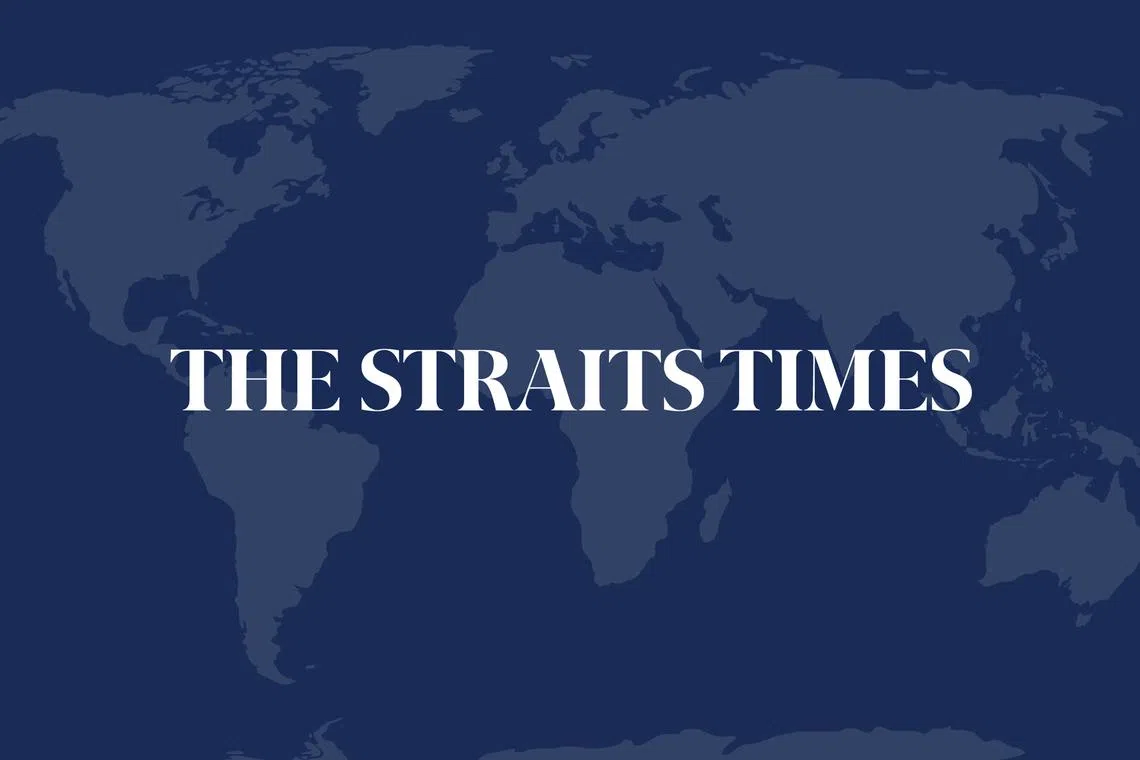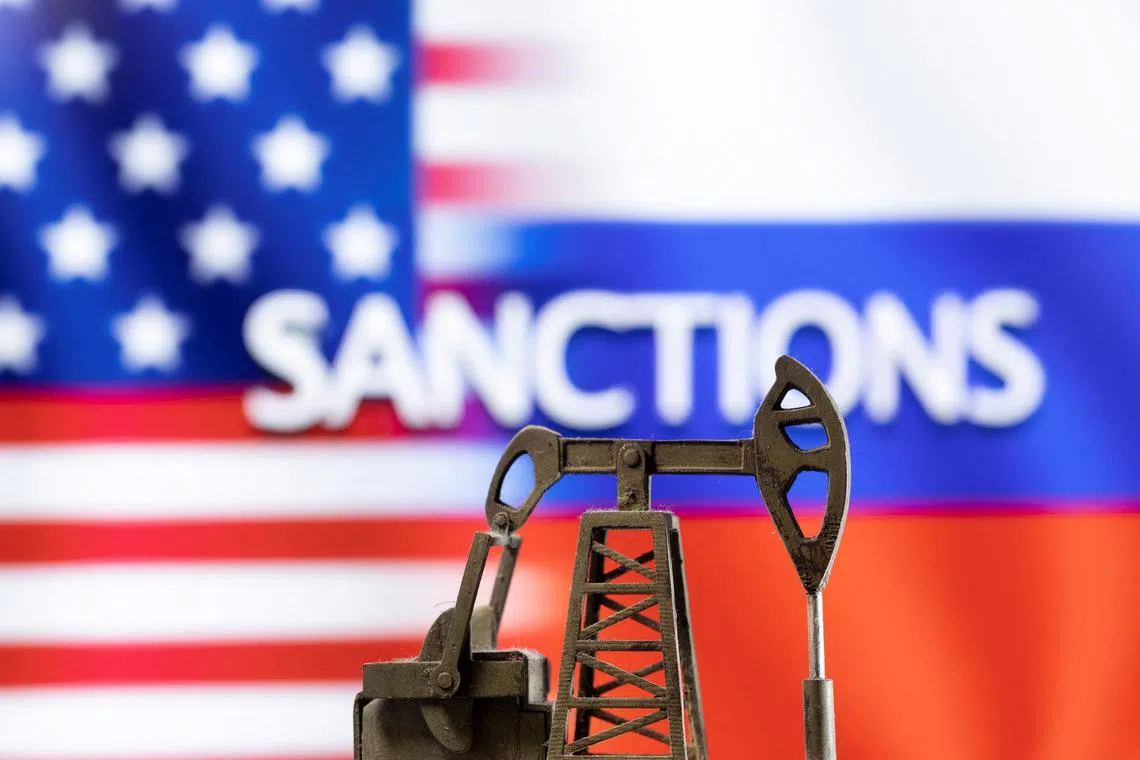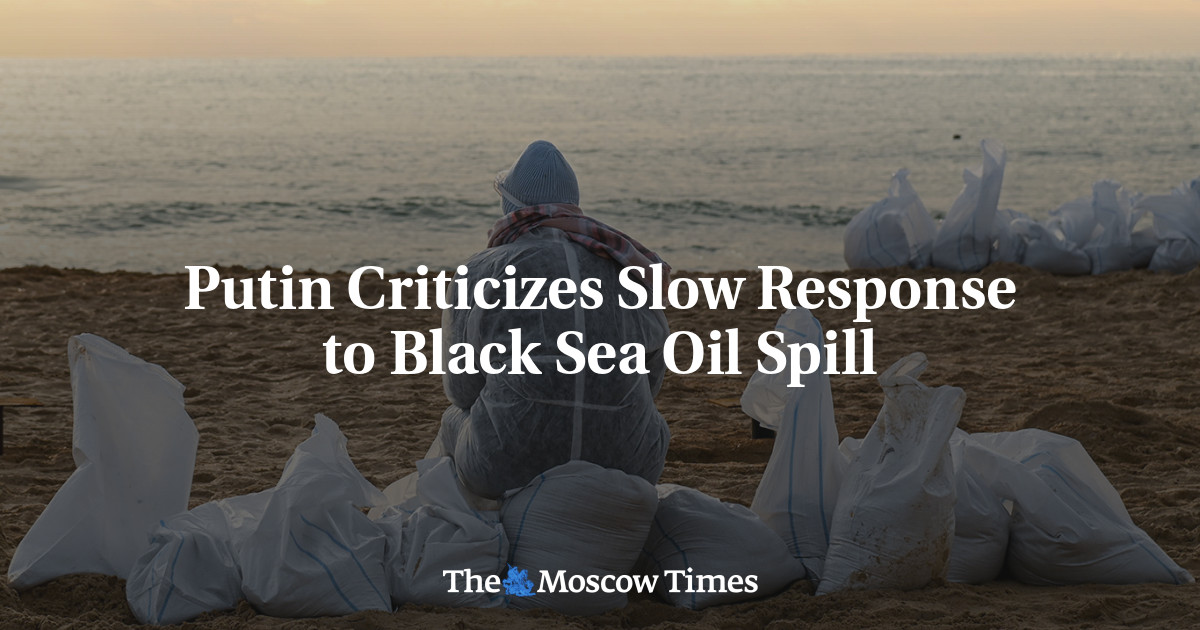SEOUL – Things came full circle when South Korea’s anti-graft agency finally succeeded on its second attempt to arrest President Yoon Suk Yeol on Jan 15.
There is no love lost between the two.
When the Corruption Investigation Office for High-ranking Officials (CIO) was created in Jan 2021 by then-president Moon Jae-in to curb the authority of the country’s powerful prosecution service, Mr Yoon, who was then chief prosecutor, had vocally opposed his decision and then resigned in protest.
Two months later, Mr Yoon threw his hat into the ring as a presidential candidate for the 2022 elections. He won with the slimmest margin in South Korean electoral history.
Nearly three years later, Mr Yoon has gained the infamy of being the first sitting president to be arrested by the very agency he despises, for criminal investigations into his short-lived martial law declaration on Dec 3.
After an embarrassing failed attempt to take him into custody on Jan 3, the CIO finally succeeded in breaking through the heavily barricaded presidential residence and executing the arrest warrant at 10.33am local time on Jan 15.
While the arrest might appear to be a triumph on the CIO’s part, questions remain over the agency’s legitimacy in its actions against the beleaguered president, amid the power play between the various investigative bodies.
Seoul National University law professor Lee Jae-min calls the arrest “just the beginning of a legal saga to come”, with legal complexities ahead, given the unclear boundaries and overlapping jurisdictions of the agencies involved.
Despite leading a joint investigation team that includes the police and the defence ministry, the four-year-old CIO actually has limited powers that neither allow it to investigate insurrection charges, nor prosecute the president.
Insurrection is one of the few criminal charges from which a South Korean president does not have immunity.
The CIO has been arguing that it can investigate insurrection as a crime linked to abuse of power, which falls under its direct investigative authority. But without powers to prosecute the president, the CIO will need to turn to the country’s prosecution service, which has the sole power to do so.
Given the rivalry between the two agencies, it remains to be seen if the prosecution, which is running its own separate investigations on Mr Yoon, will play ball with the CIO.
Kyonggi University’s professor of political science and law Hahm Sung-deuk said there was underlying mistrust between the prosecution and the joint investigation team led by the CIO, which “still strongly believes that the prosecutor’s office remains very close to the president”.
“After all, Mr Yoon appointed the current prosecutor-general (Shim Woo-jung),” said Prof Hahm.
The police, which has teamed up with the CIO, will be reluctant to turn over the results of its investigations to the prosecution, Prof Hahm noted, given the “strong rivalry” among the agencies, with each wanting to exercise their institutional autonomy and exert respective authority.
He added that the unusual nature of the case has caused confusion and conflict among three agencies’ overlapping jurisdictions, and that there will inevitably be “some trial and error”.
The CIO has already been accused by Mr Yoon’s legal team of “court shopping” in its application of Mr Yoon’s arrest warrant. The agency had gone to the Seoul Western District Court instead of the Seoul Central District Court, which usually handles such cases, prompting speculation that the agency had deliberately sought out a sympathetic judge to issue the warrant.
Both the ruling People Power Party (PPP) and Mr Yoon’s defence team have denounced the CIO’s move as “illegal”, with PPP leader Kwon Young-se saying after Mr Yoon’s arrest that the party will hold the CIO “accountable for the execution of illegal warrants”.
PPP also accused the CIO of being the “hired help” of the largest opposition Democratic Party (DP), which has been calling for Mr Yoon’s arrest. PPP also said it plans to file charges against the CIO chief and the head of the police’s Special Investigation Unit, for executing the “illegal” detention warrant on Mr Yoon.
The CIO now has 48 hours to either apply for a second warrant to detain Mr Yoon, or to release him.
There have been some signs of public support turning in favour of Mr Yoon in recent days.
When news broke of the authorities’ plans to arrest Mr Yoon on Jan 15, more than 6,000 Yoon supporters gathered outside his residence the day before in an attempt to block his arrest.
Two separate polls released on Jan 10 and 13 also showed support ratings for the ruling party in a sudden rebound to pre-martial law declaration levels, and closing the gap in approval ratings to within two percentage points with DP. The reasons for the rebound were not clear in the poll results.
Adding that it will be difficult to tell how things will go from here, Prof Lee said the cleanest solution would be for the National Assembly to come to a consensus and pass a proposed Bill for a special counsel to look into the insurrection charges. Such a Bill has been in the works since Jan 8.
Prof Lee said that such a Bill would clearly define the jurisdiction of the special counsel and allow it to prevail over the “complex legalities and overlapping jurisdictions” that are currently plaguing the rival investigative bodies.
“Otherwise, the legal issues will remain unclear until the very last minute, which will continue to make everyone dizzy,” he said.
- Wendy Teo is The Straits Times’ South Korea correspondent, based in Seoul. She covers issues concerning the two Koreas.
Join ST's Telegram channel and get the latest breaking news delivered to you.

 By The Straits Times | Created at 2025-01-15 15:04:50 | Updated at 2025-01-15 18:01:21
3 hours ago
By The Straits Times | Created at 2025-01-15 15:04:50 | Updated at 2025-01-15 18:01:21
3 hours ago








